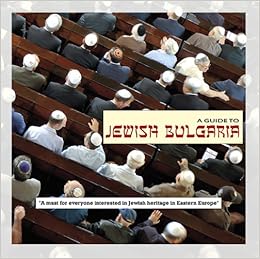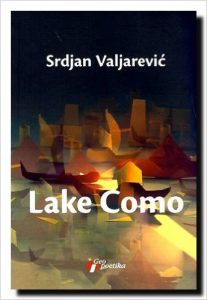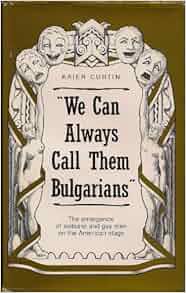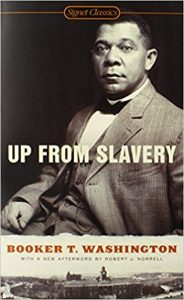I am travelling quite a lot; and I am reading quite a lot – no surprise that I visit also many bookstores while travelling. Therefore I will start here a small series with short portraits and impressions from book shops I visited and that deserve to be recommended. As you will see, I will focus mainly on small independent bookstores with a high-quality selection of books.
The excellent weather last weekend was the perfect excuse for a trip by bus from Prishtina/Kosovo (where I am working right now in an interesting project) to the Bay of Kotor in Montenegro. If you haven’t been there: it is a spectacular and very beautiful place! The contrasts of the high Montenegrin mountains and the bay with its rather unique topography, the Mediterranean climate and the old towns like Kotor (also sometimes known as Cattaro), Perast, or Herceg Novi are stunning.
As usual when I visit a place, I gather some prior information on the locations I want to see (this time Herceg Novi and Perast) – and of course bookstores also belong in that category. So I was rather pleased to find a very nice independent book shop in Herceg Novi, Salt Bookstore, a family business run by Viktorija Malović, wife of the author Nikola Malović.
The bookstore is a great place to find a small but well-curated selection of books in English and of course a high-quality selection of books in Serbian/Montenegrin language. Salt is also a small publishing house that focuses on literature related to the history and culture of the Bay of Kotor, and all the editions Viktorija Malović showed me are done with greatest care and obvious devotion to the subject. One of the books from their own publishing house is Bernard Sullivan’s Hiker’s Guide, The Austro-Hungarian Fortresses of Montenegro; the mountains around the Bay of Kotor are just perfect for hiking and with this guide book you will be not only always oriented where you are but you will be also informed about the many remains of forts, bunkers and other remains from the Austro-Hungarians you will come across during your hike which offers truly unforgettable views to this part of the Adria.
Nikola Malović is a well-known Serbian novelist from Montenegro and it would be interesting to see some of his books translated in a language that is accessible to me. Since I don’t read Serbian, I limited myself to buying a few books in English: David Albahari’s short stories Learning Cyrillic, Momo Kapor’s collection of feuilletons A Guide to the Serbian Mentality (with illustrations by the author), and an exhibition catalogue about Serbian literature during WWI.
The bookstore is a very nice place to learn more about the Bay of Kotor, and you can find always something interesting there – so don’t miss the place when you visit the Bay of Kotor. Herceg Novi, although very modest in size, even hosts a book fair and the place has always been a favourite place of many writers from the region, such as Ivo Andrić. Somehow you feel that this is a place for “bookish” people.
Now that I am thinking of it: Montenegro has recently made a major shift in its geo-political orientation: it has become a NATO member, and it is a candidate country of the EU. Montenegro has always had very close ties with Russia, and it is not by chance that the country was extremely popular among Russian tourists, which now for various political reasons seem to stay away from Montenegro. The huge gap that this is causing in the state budget, and the threat this is to the many people whose livelihood depends on tourism is a huge problem – once again the average population has to pay the prize for a political decision and it is easy to understand that EU and particularly NATO are not the most popular institutions in Montenegro right now. But this doesn’t affect the people’s natural hospitality and therefore I can only recommend you again very strongly a visit in this beautiful country, and particularly the Bay of Kotor.
(And no, the Montenegrin Ministry of Tourism doesn’t sponsor me… ;-))

Bernard Sullivan: The Austro-Hungarian Fortresses of Montenegro: A Hiker’s Guide, Knjižara So, Herceg Novi 2015
David Albahari: Learning Cyrillic, translated by Ellen Elias-Bursać, Geopoetika, Belgrade 2012

Momo Kapor: A Guide to the Serbian Mentality, translated by John White, Ružica White, Branimir Bakić, Danira Parenta, Goran Kričković, Nevenka Kojić, Ana Selić, and Mirjana Dragović, Dereta, Belgrade 2014
Nada Mirkov-Bogdanović / Milena Dordijević: Serbian Literature in the First World War, Exhibition Catalogue, National Library of Serbia / National and University Library of the Republic of Srpska, Belgrade / Banja Luka 2014

Nikola Malović: Jedro Nade, Laguna, Belgrade 2014
More information on Salt Bookstore in Herceg Novi you can find here or on their website.
© Thomas Hübner and mytwostotinki.com, 2014-6. Unauthorized use and/or duplication of this material without expressed and written permission from this blog’s author and/or owner is strictly prohibited. Excerpts and links may be used, provided that full and clear credit is given to Thomas Hübner and mytwostotinki.com with appropriate and specific direction to the original content.









 Facebook
Facebook RSS
RSS Twitter
Twitter